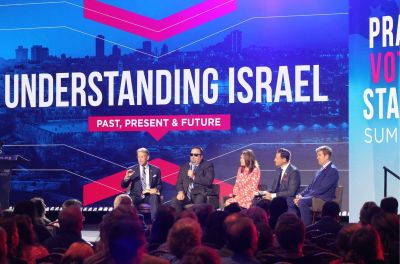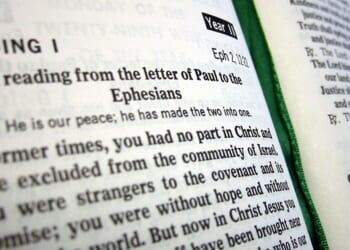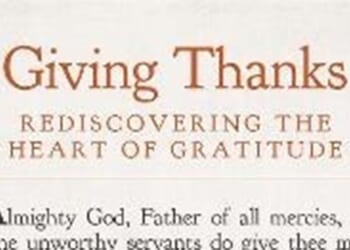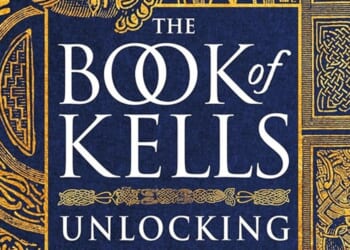
Benjamin Franklin once observed, “Experience keeps a dear school, but fools will learn in no other.” In other words, experience eventually instructs those slow to understand — but in matters of national security and biblical truth, time is not a luxury we possess.
This week, the U.N. Security Council approved a U.S.-drafted resolution intended to bring lasting peace between Israelis and Palestinians. The intentions behind it are understandable; we all desire peace. But peace must be pursued with clear eyes, anchored in both biblical truth and historical reality. Over the last 53 years, roughly a dozen major peace proposals have not only failed but have, tragically, helped cultivate the violent ideology that erupted on October 7, 2023.
Each of those proposals rested on the same false premise: that Israel would or could surrender the land at the heart of its nation to create a Palestinian state. Such a concession would be suicidal for Israel’s security. Worse still, the continual promise — dangled by the international community and now again by the United States — fuels rather than calms hostility. It signals to Palestinian leaders that the world still believes the lie that Israel and the Jewish people stand in the way of their identity, prosperity, and future. In other words, the Jews are the problem.
It is telling that the only successful peace agreements — Egypt-Israel, Jordan-Israel, and the Abraham Accords — have all been negotiated between Israel and sovereign states, not the Palestinians. This underscores a hard but necessary truth: regional peace is achievable, but only when it does not demand Israel relinquish sovereignty over land that is at the very core of its identity, history, and covenant.
I was reminded of this in the spring of 2005, when I sat in a meeting here in Washington as Deputy Prime Minister Ehud Olmert and senior members of the Bush administration laid out the Gaza disengagement as a bold new path to peace. My objection came in the form of a single question: Is this consistent with what the Bible says about the land and the Jewish people?
I didn’t get an answer on that day. But October 7 provided the tragic answer.
In the aftermath of that horrific day, I walked through a kibbutz where walls were spattered with the blood of women and children. I stood at the site of the Nova music festival and felt the weight of knowing that American policy decisions helped create the conditions that allowed such evil to flourish. I led the delegation I was with in a prayer of repentance for what America allowed. I am determined not to remain silent while new seeds are being planted that could yield an even darker harvest.
I close with another quote, from the prophet Jeremiah: “They have also healed the hurt of My people slightly, saying, ‘Peace, peace!’ when there is no peace.”
Originally published at The Washington Stand.
Tony Perkins is president of Family Research Council and executive editor of The Washington Stand.
















